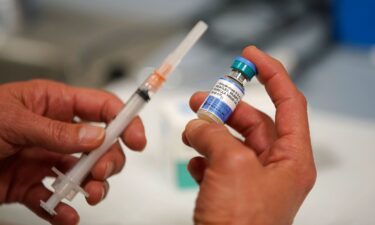
Respiratory virus season has arrived. What to know about getting this year’s vaccines
By Jacqueline Howard, CNN (CNN) — It’s that time of year when the leaves are turning golden, there’s a chill in the air and the threat of respiratory viruses like Covid-19, influenza or RSV looms across the country. The US Centers for Disease Control and Prevention expects the 2025-26 fall and winter respiratory disease season
Continue Reading













